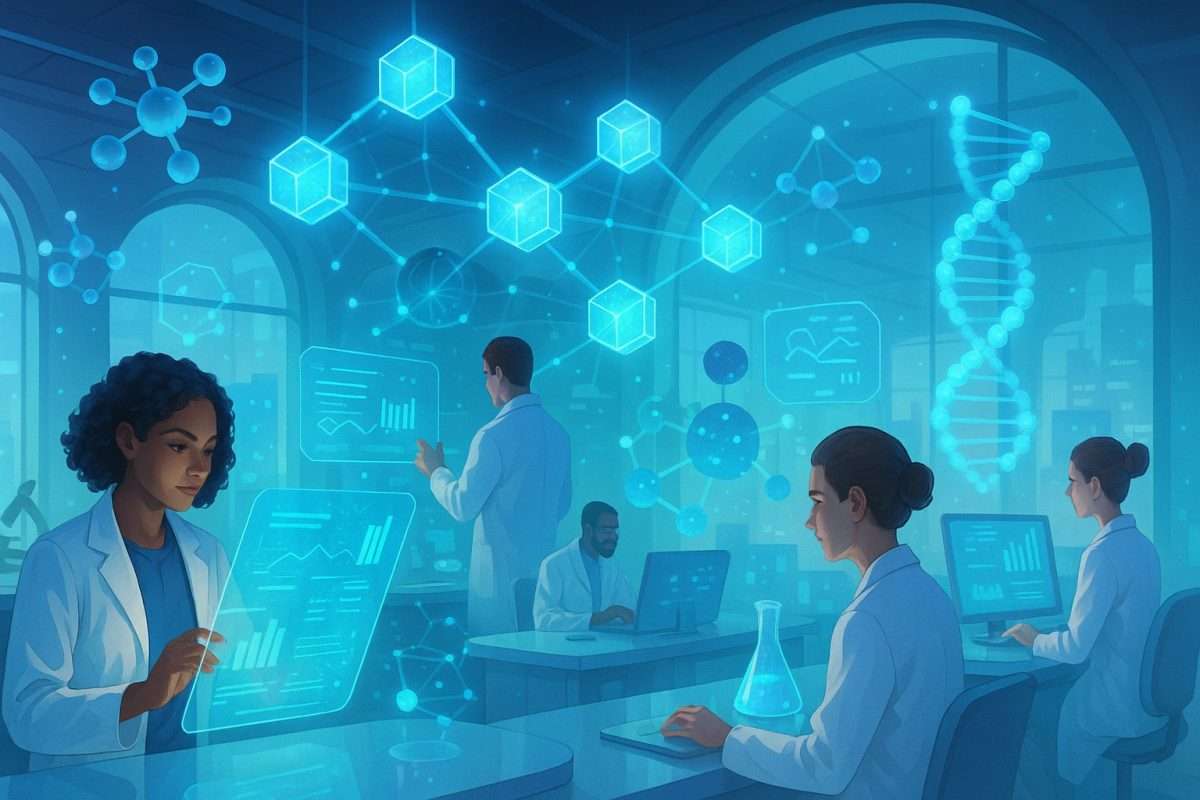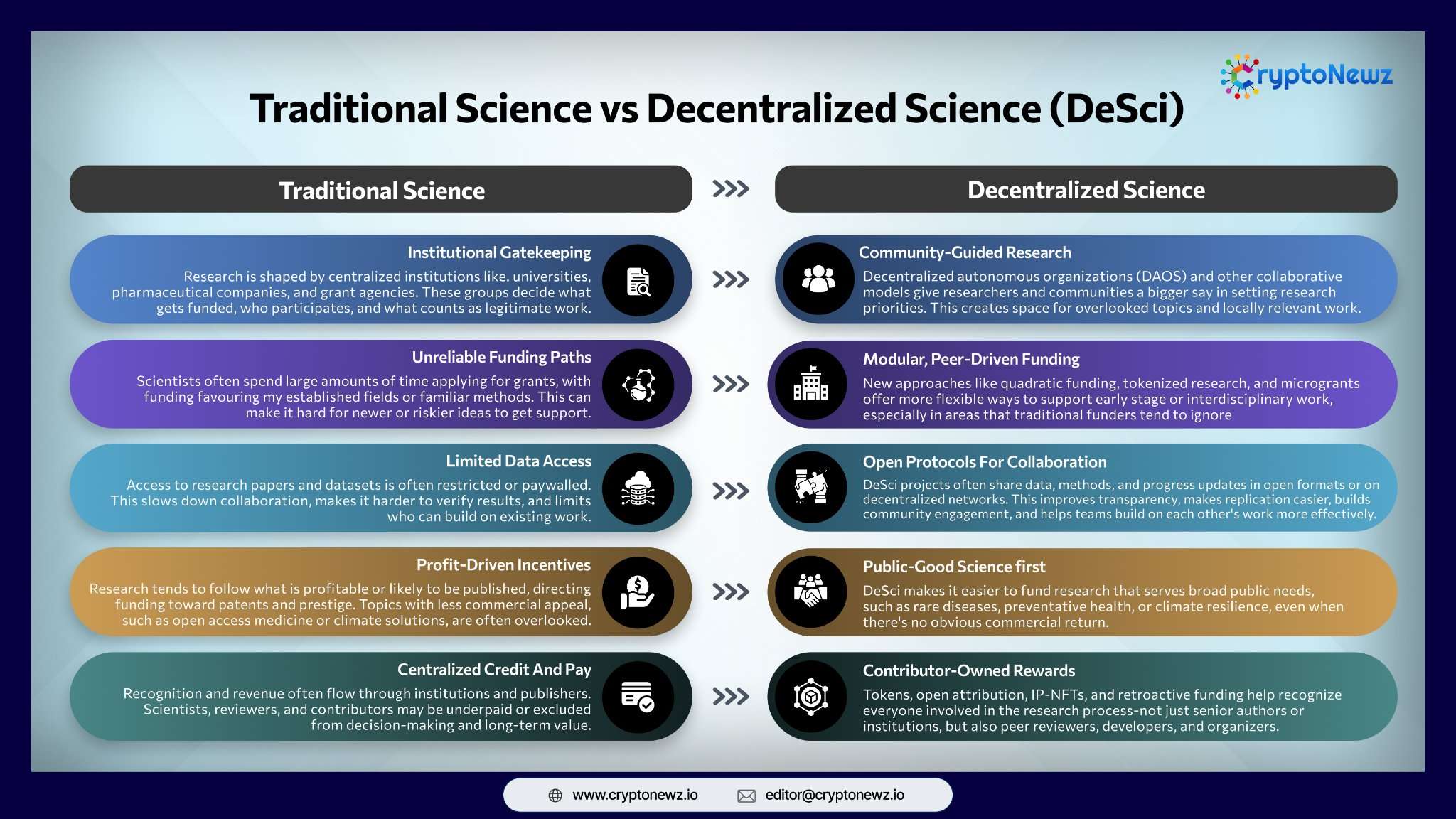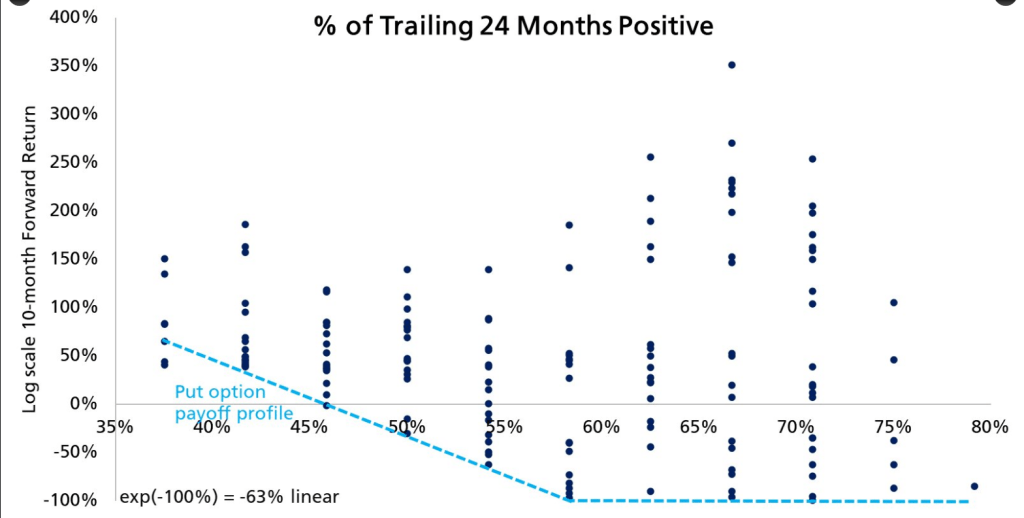
Introduction
In the rapidly evolving world of science and technology, a new paradigm is emerging: Decentralized Science, or DeSci. This innovative movement leverages blockchain, Web3, and decentralized technologies to transform how scientific research is conducted, funded, and shared. If you’re curious about what DeSci is and how it’s reshaping the future of science, this guide is for you.
In this article, we’ll break down the basics of DeSci, explore its benefits, and highlight why it matters for researchers, institutions, and society. Let’s dive into DeSci 101!
What Is Decentralized Science (DeSci)?
Decentralized Science (DeSci) is a movement that uses decentralized technologies, primarily blockchain and Web3, to create a more open, transparent, and collaborative scientific ecosystem. Unlike traditional science, which often operates within centralized institutions, paywalled journals, and siloed funding systems, DeSci aims to democratize access to research, funding, and data.
At its core, DeSci harnesses tools like:
- Blockchain: For secure, transparent record-keeping of research data and funding.
- Smart Contracts: To automate and streamline processes like peer review and grant allocation.
- Decentralized Autonomous Organizations (DAOs): To enable community-driven governance of scientific projects.
- Tokenization: To incentivize researchers and crowdfund projects through digital tokens.
By removing intermediaries and fostering global collaboration, DeSci empowers scientists, accelerates innovation, and makes science more inclusive.

Why DeSci Matters: The Problems with Traditional Science
To understand DeSci’s value, let’s first look at the challenges in traditional scientific systems:
- Paywalls and Limited Access: Many research papers are locked behind expensive journal subscriptions, restricting access for independent researchers and the public.
- Funding Bottlenecks: Securing grants is often a slow, bureaucratic process, with funding concentrated in a few institutions.
- Lack of Transparency: Peer review processes can be opaque, and data manipulation or selective publishing can undermine trust.
- Siloed Collaboration: Researchers often work in isolation, with limited global, interdisciplinary partnership opportunities.
DeSci addresses these issues by creating a decentralized, open-source framework that prioritizes transparency, accessibility, and community-driven innovation.
Key Benefits of DeSci
DeSci offers transformative benefits for scientists, institutions, and society. Here are the top advantages:
Open Access to Research
DeSci platforms use blockchain to store research data and papers on decentralized networks, making them freely accessible to anyone with an internet connection. This eliminates paywalls and ensures that knowledge is shared globally, benefiting researchers in underfunded regions and curious citizens alike.
Example: Platforms like Molecule and VitaDAO allow researchers to publish openly while maintaining ownership of their intellectual property (IP) through blockchain-based records.
Transparent and Fair Peer Review
Traditional peer review can be biased or slow. DeSci introduces decentralized peer review systems, where reviewers are incentivized with tokens, and their contributions are transparently recorded on the blockchain. This reduces conflicts of interest and speeds up the process.
Why It Matters: Transparent peer review builds trust in scientific findings and ensures high-quality research.
Democratized Funding
DeSci enables crowdfunding and community-driven funding through DAOs and tokenization. Researchers can pitch projects to global communities that invest in using cryptocurrency or tokens. This bypasses traditional gatekeepers like grant agencies and venture capitalists.
Real-World Impact: VitaDAO, a DeSci organization, has raised millions to fund longevity research, proving that decentralized funding works.
Enhanced Data Integrity
Blockchain’s immutable ledger ensures that research data cannot be altered retroactively. This promotes reproducibility and reduces the risk of fraud or data manipulation.
Benefit: Scientists can trust the integrity of shared datasets, fostering collaboration and accelerating discoveries.
Global Collaboration
DeSci breaks down geographical and institutional barriers, enabling researchers worldwide to collaborate on projects. DAOs facilitate governance, allowing scientists to vote on project priorities and resource allocation.
Example: LabDAO connects researchers globally to share tools, data, and expertise, creating a borderless scientific community.
Incentivizing Participation
DeSci platforms reward contributors—researchers, reviewers, or citizen scientists—with tokens. This incentivizes participation and ensures that even small contributions are recognized.
Why It’s Game-Changing: Token-based incentives attract diverse talent, including those outside traditional academia.
How DeSci Works: A Simple Breakdown
Here’s a step-by-step look at how DeSci operates in practice:
- Project Proposal: A researcher submits a project idea to a DeSci platform or DAO.
- Community Funding: The community evaluates the proposal and funds it using cryptocurrency or tokens.
- Research Execution: The researcher conducts the study, storing data on a blockchain for transparency.
- Peer Review: Decentralized reviewers validate the findings, earning tokens for their work.
- Publication: The research is published openly on a decentralized platform that is accessible to all.
- Impact Tracking: The project’s impact is tracked via blockchain, and contributors are rewarded based on outcomes.
This streamlined process reduces bureaucracy and empowers researchers to focus on discovery.
Real-World DeSci Projects Making an Impact
DeSci is already gaining traction. Here are a few notable projects:
- Molecule: A platform that connects researchers with funders to support early-stage drug discovery.
- VitaDAO: A DAO focused on funding longevity research, raising over $4 million for cutting-edge projects.
- Ocean Protocol: A decentralized data exchange that enables secure sharing of scientific datasets.
- ResearchHub: A platform for open-access publishing and community-driven peer review.
These projects demonstrate DeSci’s potential to solve real-world problems, from healthcare to environmental science.
Challenges and Future of DeSci
While DeSci is promising, it faces challenges:
- Adoption: Convincing traditional institutions to embrace decentralized systems may take time.
- Regulation: Cryptocurrency and blockchain regulations vary globally, creating legal complexities.
- Scalability: DeSci platforms must scale to handle large volumes of data and users.
Despite these hurdles, the future of DeSci is bright. As blockchain technology matures and Web3 adoption grows, DeSci could become the standard for scientific research by 2030, fostering a more equitable and innovative ecosystem.
Why You Should Care About DeSci
Whether you’re a scientist, student, or curious individual, DeSci has something to offer:
- For Researchers: Access funding, collaborate globally, and retain control over your work.
- For Institutions: Reduce costs, enhance transparency, and attract diverse talent.
- For Society: Gain free access to cutting-edge research and contribute to scientific progress.
DeSci isn’t just a trend—it’s a movement to make science more inclusive, efficient, and impactful.
Get Involved with DeSci Today
Ready to explore DeSci? Here’s how to start:
- Join a DeSci Platform: Check out Molecule, VitaDAO, or ResearchHub to connect with the community.
- Learn About Blockchain: Understand the basics of blockchain and Web3 to navigate DeSci tools.
- Contribute to a DAO: Participate in governance or fund projects that align with your interests.
- Stay Informed: Follow DeSci thought leaders on platforms like X for the latest updates.
Conclusion
Decentralized Science (DeSci) revolutionizes how we conduct, fund, and share scientific research. By leveraging blockchain, Web3, and DAOs, DeSci creates a transparent, accessible, and collaborative ecosystem that benefits researchers and society. From open-access publishing to democratized funding, the advantages of DeSci are clear. As this movement grows, it can potentially reshape the future of science for the better.
Frequently Asked Questions (FAQ’s)
What Is DeSci?
DeSci, or decentralized science, is a movement that uses blockchain and Web3 technologies to make scientific research more open, transparent, and collaborative. It enables global access to research, decentralized funding, and secure data sharing, bypassing traditional barriers like paywalls and centralized institutions.
How Does Decentralized Science Work?
DeSci leverages blockchain for transparent data storage, smart contracts for automated processes like peer review, and DAOs for community-driven funding and governance. Researchers propose projects, secure funding via tokens, publish openly, and share data securely, fostering global collaboration.
What Are the Benefits of DeSci?
DeSci offers open-access research, transparent peer review, democratized funding through DAOs, enhanced data integrity via blockchain, and global collaboration. It empowers scientists, reduces costs, and makes science accessible to everyone.
How Is DeSci Different from Traditional Science?
Unlike traditional science, which relies on centralized institutions, paywalled journals, and bureaucratic funding, DeSci uses decentralized technologies to ensure transparency, open access, and community-driven research. It eliminates intermediaries and fosters inclusivity.
Can DeSci Solve Funding Issues in Science?
Yes, DeSci enables crowdfunding through DAOs and tokenization, allowing researchers to pitch projects to global communities. Platforms like VitaDAO have raised millions for research, bypassing slow grant systems and empowering scientists.
What Role Does Blockchain Play in DeSci?
Blockchain ensures secure, immutable research data and publication storage, promotes transparent peer review and supports token-based funding. It guarantees data integrity and makes research openly accessible without intermediaries.
Who Can Participate in DeSci?
Anyone can participate in DeSci researchers, citizen scientists, funders, or enthusiasts. You can join platforms like Molecule or VitaDAO, contribute to DAOs, fund projects, or access open research data.
What Are Some Examples of DeSci Projects?
Notable DeSci projects include Molecule (drug discovery funding), VitaDAO (longevity research), Ocean Protocol (data sharing), and ResearchHub (open publishing). These platforms showcase DeSci’s real-world impact.
Is DeSci the Future of Scientific Research?
DeSci has the potential to revolutionize research by making it more transparent, accessible, and collaborative. While challenges like adoption and regulation remain, its growth in 2025 suggests a promising future for decentralized science.
How Can I Get Started with DeSci?
To get involved, join DeSci platforms like ResearchHub or LabDAO, learn about blockchain and Web3, contribute to a DAO, or follow DeSci updates on X. Start exploring open-access research or fund projects that inspire you.





